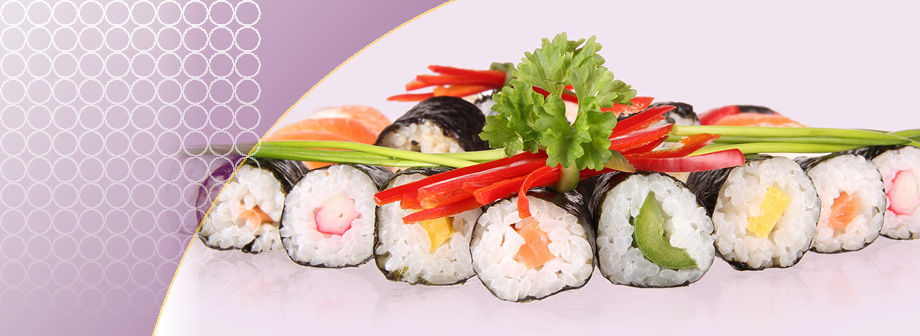
Recent news in Food & Feed Analysis
- Home
- /
- Fish fraud still a...
Fish fraud still a matter of concern, according to new studies

Did you eat fish on today’s International Sushi Day? Then it is quite possible that you have not been served the exact fish that you have ordered. Several recent studies show that adulteration and mislabeling are still common in the fisheries sector.
Ever since the horsemeat scandal it is evident that our food is sometimes not what we think it is. Besides meat, fish is among the most common counterfeit foods. We have already reported about the study from 2015, revealing that one out of three fish dishes served in restaurants is not what is said on the menu. Recent studies suggest that the topic is still on the table. Lately, the Food and Agriculture Organization of the United Nations (FAO) has published a detailed report on food fraud in the fisheries sector. As the author states, the global scale of the fraud is a cause for concern – and it comes in a variety of forms:
- substitution of fish with other (cheaper) species
- mislabeling of fish in order to conceal the geographical origin
- marketing of counterfeit products
- illegal or undeclared use of food additives
- addition of water in order to increase weight
The report cites a series of studies from all over the world – including, for example, an investigation of sushi restaurants in Great Britain that found tuna, eel and white-fish species to be substituted in 10 percent of cases. An Italian study from 2017 revealed that 22.5 % of fishery products were mislabeled, with the highest incidence recorded among cephalopods like squids and Asian imports. In the same year, an investigation carried out in Canada found that almost 50 % of fish samples were mislabeled. The situation is similar in the USA, in Brazil, Spain, South Africa, China and many other countries.
Global trade and long supply chains facilitate fish fraud. Consumers are therefore increasingly resorting to locally caught seafood. However, even there is no guarantee: Only last week, an investigation by AP revealed that a New York-based seafood distributor has been marketing tuna as “local”, which actually originated from the other side of the world.

